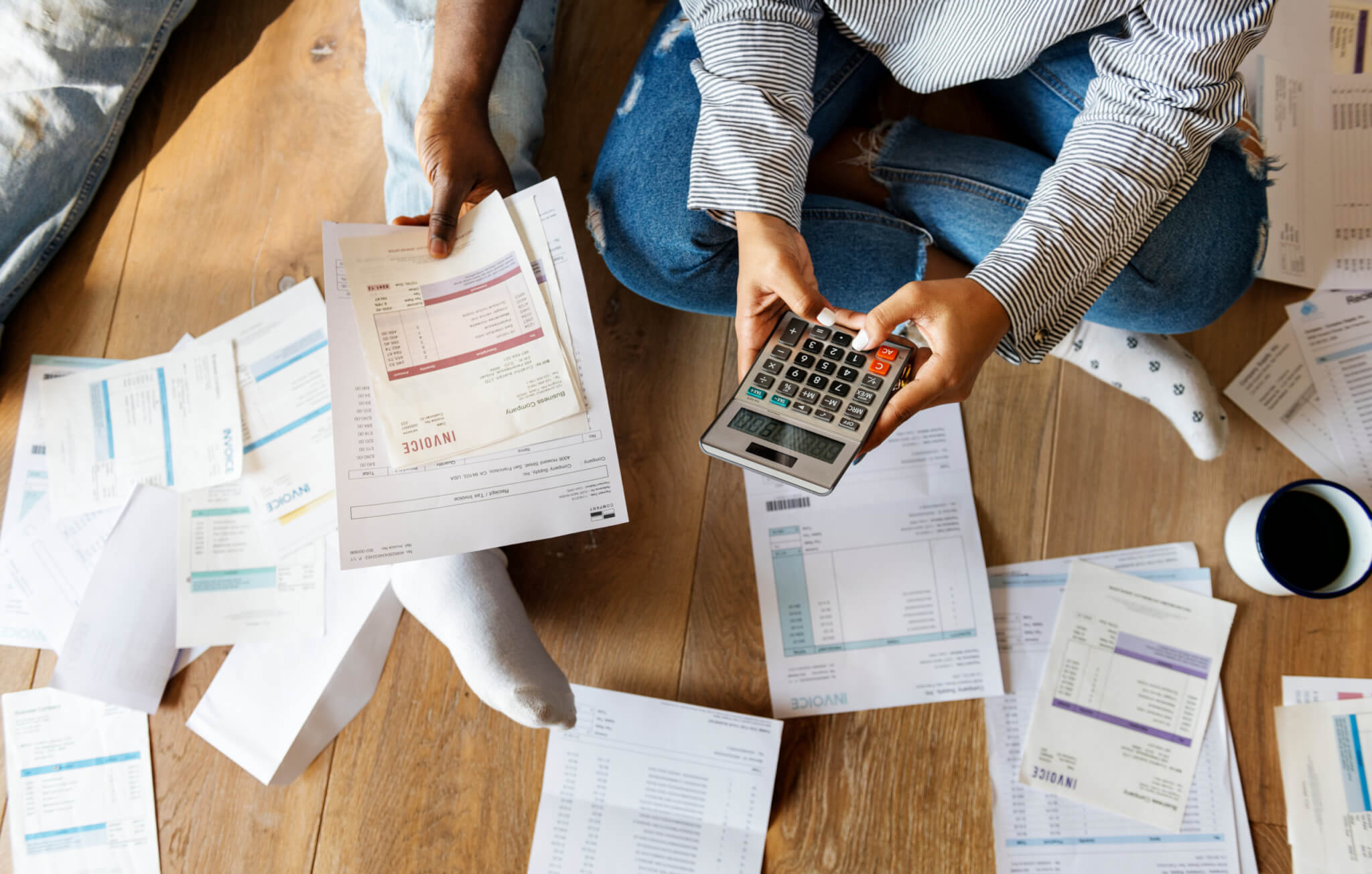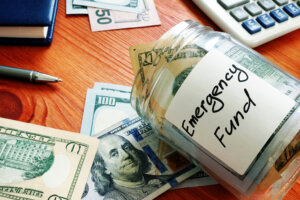Key Takeaways:
- If you have credit card debt, you are not alone. Average Americans have $5,910 in credit card debt, a 13.2% increase from 2021.
- To avoid extra credit card debt, consider cutting back on unnecessary expenses and focusing on living within your means.
- Credit debt can get out of hand quickly. Proper education on how credit cards work is the number one way to avoid piles of debt.
Credit cards have become an integral part of everyone’s financial lives. They offer convenience, flexibility, and the ability to make purchases easily. However, if not used responsibly, credit cards can quickly lead to overwhelming debt and financial stress. That’s why it is critical to understand how credit cards work and develop responsible habits when using them.
Average Credit Card Debt
If you have credit card debt, you are not alone. Average Americans have $5,910 in credit card debt, a 13.2% increase from 2021.
Texas’s average credit card debt is even higher, at $6,542, a 12.4% increase from 2021.
Generation X (1965-1980) has the highest average credit card debt at $7,336. At the same time, Generation Z (1996-2010) has the least with $2,443 in debt.
How Much Credit Card Debt Is Too Much
The Federal Reserve Bank of New York Center for Microeconomic Debt states that credit card balances reached $986 Billion in the fourth quarter of 2022.
These six indicators show you might have too much debt:
- Your credit utilization ratio is high- experts recommend keeping your balance under 30% of your credit limit.
- You’re paying off credit cards with other cards- using balance transfers from one card to another to make payments.
- You’re only making minimum monthly payments on your balance- this could indicate that you cannot afford how much you have charged on your card.
- You have a high debt-to-income ratio- You are spending more than 45% of your monthly income on debt.
- You’re maxing out credit cards- you have reached your credit limit on your card.
- Credit card debt payments are higher than other bills- most of your monthly income goes to card payments.
How to Reduce Credit Card Debt
Reducing credit card debt can seem overwhelming, but it is possible with some planning and dedication.
- Create a budget
Start by creating a budget that allows you to prioritize your debt payments. List your income sources, expenses, and allocate as much as possible toward your monthly credit card payments. - Find a payment strategy.
Pay more than the minimum payment on your credit card bill whenever possible. Most of your monthly minimum payment goes towards the interest, not your card’s principal balance. By paying more, you are decreasing your overall balance faster. - Automate
Making sure your cards are set up on automated payments ensures that you will avoid late fees and additional costs. Setting up your payments for auto-draft will eliminate worrying about forgetting your payment and will free up more time to think of ways to save money. - Seek help
If you need help making your payments or are not progressing on your debt, consider seeking help from a credit counseling agency or financial advisor. They can help you create a debt repayment plan and provide additional resources to help you get back on track. - Get a second job
Picking up a second or side job is a great way to bring in extra money to help pay down your debt.
- Teach English, Spanish, or another language on the weekends at local community centers, libraries, at home or online.
- Meal prep for busy professionals or parents.
- Make crafts to sell on sites, like Etsy.
- Sell extra things around your house that you are no longer using.
There are many ways to make a dent in your credit card debt. Remember, reducing credit card debt takes time and effort, but it is possible with a plan and commitment. Be patient with yourself and celebrate your progress along the way.
Related Articles:
Consequences of Too Much Credit Card Debt
Credit debt can get out of hand quickly. Proper education on how credit cards work is the number one way to avoid piles of debt. Having too much credit card debt can lead to several consequences.
- High-Interest Payments: Credit cards often have high-interest rates, especially if you carry a balance from month to month. Accumulating a significant amount of credit card debt means paying substantial monthly interest. When most of your monthly payment goes towards interest, it is hard to lower your principal balance.
- Financial Strain: Debt puts a strain on your overall economic well-being. The more money you owe, the less disposable income you will have available for essential expenses, such as rent, utilities, groceries, or savings.
- Lower Credit Score: Your credit utilization ratio, which is the amount of credit you use compared to your available credit, plays a role in determining your credit score. Carrying a high balance will decrease your credit score.
- Long-Term Financial Impact: Leaving debt unaddressed can lead to long-term financial consequences. It can delay your ability to save for retirement or purchase a home.
Managing your credit card debt is one of the most important things you can do. Keeping your debt within your means will help you avoid overextending your finances and mental health.
How to Prevent Credit Card Debt
Preventing credit card debt takes time, discipline, and patience. However, relying on credit cards is 100% preventable if you live within your means. There are a few steps you can follow to help live within your means and stop relying on credit cards:
- Avoid the temptation to spend beyond what you can afford. Prioritize your needs over your wants and make conscious decisions about your spending. If you can’t afford to pay for an item in cash or with other available funds, consider whether it’s necessary or find a more affordable options.
- Establishing an emergency fund is vital to prevent relying on credit cards. Aim to save three to six months’ living expenses in a separate savings account. Remember to start small and build up to the goal of three to six months’ worth of income. Starting with just $25 a month is a step in the right direction.
- Educate yourself about personal finances, budgeting, and debt management. There are many different resources available to you for free, like Consumer Financial Protection Bureau, Federal Deposit Insurance Corporation, and Financial Literacy and Education Commission.

Final Thoughts
Understanding how to use credit cards wisely is important for maintaining financial stability and avoiding debt. By using credit cards responsibly, you can avoid falling into the trap of accumulating debt like most Americans.
Take proactive measures to keep debt from piling up. Start by creating a budget that prioritizes emergency savings first and paying off debt second. Plenty of resources are out there to help you along your financial journey.
Take charge of your financial health by implementing strategies, educating yourself, and living within your means. With determination and a solid plan, you can break free from credit card debt and live a more financially stable life.
For more helpful tips on personal finances, visit our website Personal Finance Archives – Texas Regional Bank.






